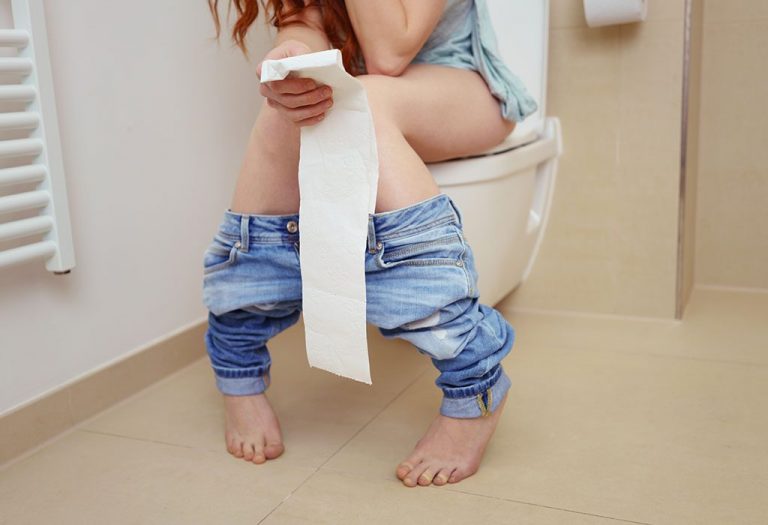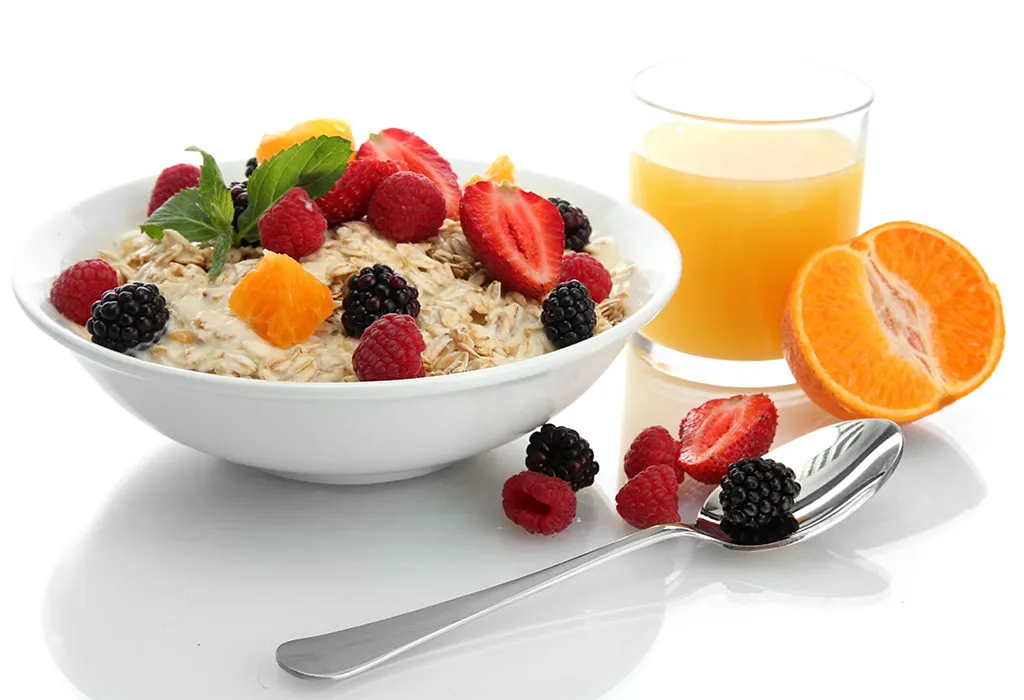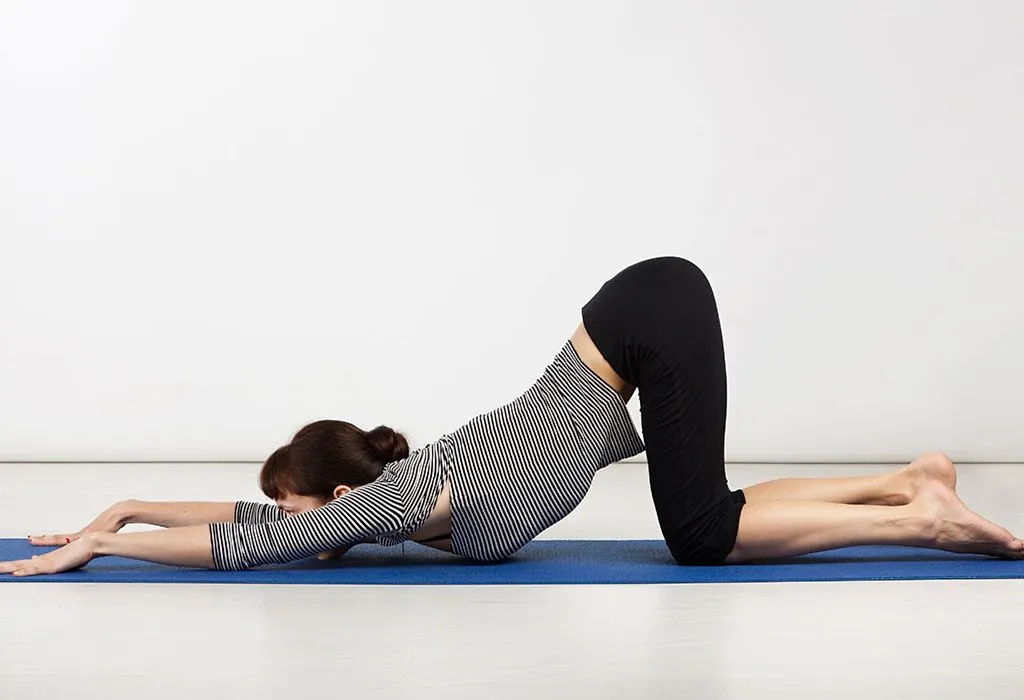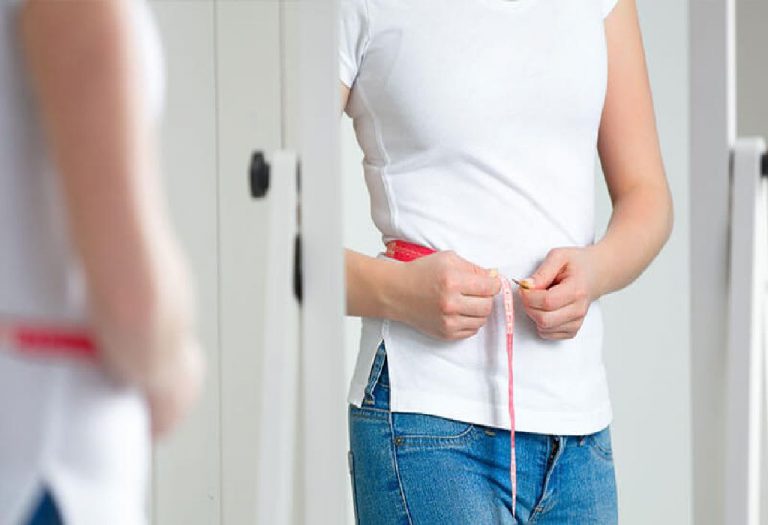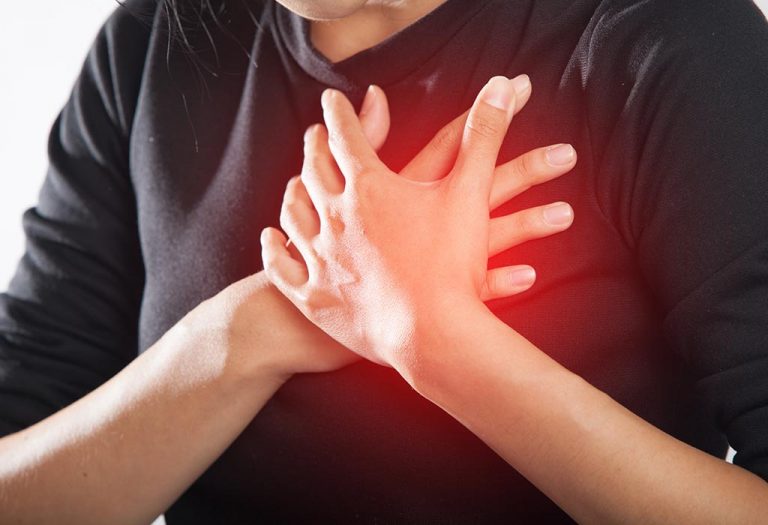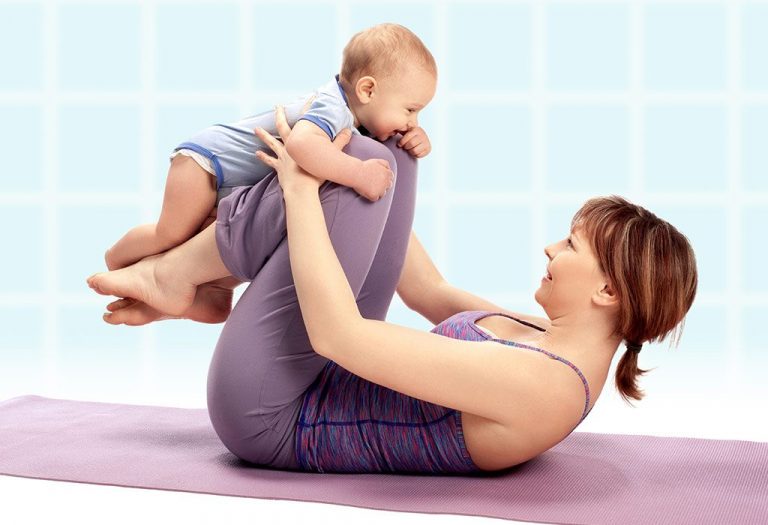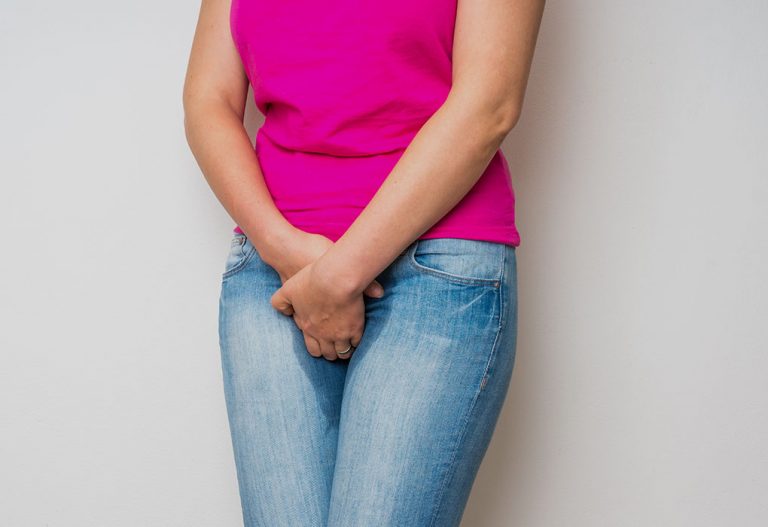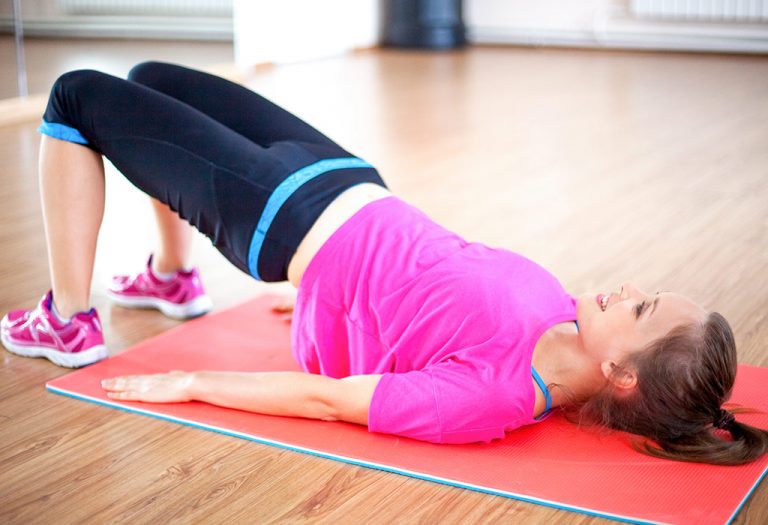Postpartum Constipation – Causes and Treatment

Constipation is the hardening of stool when the intestines remove excess water from faecal matter, making bowel movements difficult and painful. It can cause discomfort, bloating, and a feeling of incomplete evacuation, which can significantly impact daily life. A study has shown that women who are more than 35 years of age and have a high BMI are more likely to suffer from constipation after pregnancy. Post-natal constipation can also be influenced by hormonal changes, reduced physical activity, or the effects of pain relief medications during delivery. In some cases, changes in diet and hydration levels after childbirth may contribute to this issue. Here is what you should know.
What Causes Postpartum Constipation
- Caesarean Section: The anaesthetics used during the surgery slow down the digestive system, causing stool with low water content.
- Iron Supplements: Most women are anaemic after delivery because of blood loss, and hence, iron supplements are given to them to improve the iron content in their body. Unfortunately, iron feeds the pathogenic bacteria in the intestine, causing constipation.
- Assisted Delivery: In case of difficult deliveries, the usage of instruments like Forceps or Ventouse may put excess strain on the anal region which may lead to constipation.
- Medication: Heavy medication like morphine, Vicodin, and Percocet can also slow down the digestive system.
- Hormones: The presence of hormones like progesterone during pregnancy also slows down digestion and may leave you feeling constipated.
- Dehydration: Poor water content in the stool leads to constipation.
- Low Fibre Diet: Fibre is needed for smooth bowel movement in the human body. Any absence of the same can lead to a sluggish digestive system.
- Prenatal Vitamins: Women who are breastfeeding often consume multivitamins to improve their nutritional intake. Unfortunately, many of these contain iron, which can cause constipation.
- Haemorrhoids: Many women develop haemorrhoids after a vaginal delivery, which are painful.
- Anxiety: Many women suffer from anxiety, which can slow down bowel movement.
Does It Hurt When You Poop?
It is likely to hurt if you have haemorrhoids or have anal fissures. However, anal fissures heal within a few weeks, and the haemorrhoids will shrink in the following months.
How to Treat Postpartum Constipation
Postpartum constipation can often be managed effectively with medical treatments when constipation after delivery home remedies are not sufficient. Here are some common treatments to consider:
- Stool Softeners: Over-the-counter stool softeners are commonly recommended by doctors. These medications work by softening the stool, making it easier to pass. They are safe for most women postpartum but should be used as directed by a healthcare professional.
- Laxatives: If stool softeners don’t provide relief, your doctor may recommend a mild laxative. These help to increase water content in the stool, making it softer and easier to pass. Laxatives should be used for short periods and under medical supervision.
- Fiber Supplements: If dietary changes aren’t enough to increase fiber intake, fiber supplements like psyllium can help promote regular bowel movements by adding bulk to the stool. Again, it’s important to drink plenty of water with these supplements to avoid worsening constipation.
- Prescription Medications: In more severe cases, your doctor may prescribe medications which work by increasing fluid secretion in the intestines and stimulating bowel movements.
- Enemas: If constipation is particularly severe, your doctor may suggest a mild enema to provide immediate relief by softening and flushing out the stool. This should only be used on a short-term basis and under professional guidance.
- Pelvic Floor Therapy: For some women, constipation may be linked to pelvic floor dysfunction. A pelvic floor therapist can help guide you through exercises to strengthen and relax the muscles that control bowel movements.
Home Remedies
Constipation after delivery isn’t a serious medical emergency and can often be managed by the following home remedies:
- Fruit Juices: As per studies, certain fruits like apples and pears have a substance called sorbitol, which aids in alleviating constipation.
- Water: Drinking adequate amounts of water can help reduce the dryness of stool and prevent hardening.
- Oatmeal: As an insoluble fibre, oatmeal helps to increase the pace of bowel movement.
- Massages: Massages are a non-invasive way to relieve constipation. Massaging different parts of the colon can help strengthen its walls and loosen the stool at the same time.
- Natural Laxatives: Laxatives are known to induce bowel movement. One can use natural laxatives like prunes, flax seeds and coconut water.
- Mild Exercises: Another non-invasive technique, a 30-minute walk can help speed up the digestive process.
- Probiotics: Although not researched on enough, probiotics have been found to aid bowel movement and make the stool soft.
- Ginger Tea: A mild laxative, ginger tea also helps to promote appetite and digestion. However, one must avoid this if they are diabetic as it can affect the absorption of diabetic medication.
- Lemon Water: The high acid content helps in speeding up the digestive system which alleviates constipation.
Steps You Can Follow to Go to the Loo
If you’re suffering from constipation, you can try the following steps:
- Step 1: You can go for a short walk to get your bowels moving.
- Step 2: You can try drinking a cup of coffee as it acts as a natural laxative
- Step 3: Wait for the right moment, and don’t force yourself to go
- Step 4: Preferably go to an Indian-style toilet when the time comes. If you’re using a Western toilet, put a stool under your feet to raise them at a level above your hips.
- Step 5: Rather than excessive straining, which can cause tears in the anus, breathe deeply by making sure your pelvis contracts.
- Step 6: Relax your sphincter muscles when you feel the stool coming out for a satisfying experience.
Exercises That Can Help Ease Constipation After Childbirth
- Walking: A simple walk for as little as 30 minutes every day can keep constipation at bay.
- Cat and Cow Pose: This is a yoga exercise that benefits your stomach muscles. You start off by putting your hands and knees to the ground. Arch your back downward in such a way that your stomach moves closer to the ground. This is the cow pose. Now, arch your back upwards while simultaneously moving your head and hips to the ground. This is known as the cat pose. This is to be repeated 5 times.
- Wind Relieving Pose: This helps in the release of flatulence trapped within the intestines. Lay flat on the ground with your back to the floor and hug your right leg in a way that your thigh touches your rib cage. Hold the pose for 90 seconds and switch to the left leg.
- Extended Puppy Pose: This exercise stretches the stomach muscles, which helps to reduce cramping. Start off with putting your hands and knees to the ground. Then, gently stretch your arms forward while simultaneously lowering your head and chest towards the ground.
- Triangle Pose: The twisting involved in this exercise helps to activate the digestive juices and aids bowel movement. Extend your legs about 3 feet apart so that your feet and hips form the vertices of a triangle. Use your right hand to grab your right ankle while simultaneously raising your left hand to the ceiling. After holding this position for 30 seconds, switch sides.
- Forward Bend: This puts pressure on the abdomen and helps kick-start bowel movement. Stand upright with your face at the 12 o’clock position and raise your hands perpendicular to the floor. Gradually move your hands down in the direction of your face till it reaches your shoulders. Then, move your entire torso along with your hands in a downward direction till your hands reach the ground and your head reaches the level of your knees.
Laxatives to Relieve Constipation
As you are likely to be under medication, please consult your doctor before taking over-the-counter laxatives. You can try natural laxatives such as castor oil or coconut oil as an alternative.
How Long Does Post-Pregnancy Constipation Last?
Constipation after caesarean delivery or vaginal delivery is very common but not a serious condition, as it can ideally be cured in a matter of days.
When Is There a Need to Worry?
One may need to go to the doctor if there is bleeding or the constipation continues for more than three weeks.
FAQs
1. How long does postpartum constipation last?
The duration of postpartum constipation varies from woman to woman. For some, it resolves within a few days to weeks as the body adjusts after childbirth. However, for others, it may persist for several months. If constipation lasts longer than expected, or if symptoms worsen, it’s advisable to consult with a healthcare provider for further evaluation and treatment.
2. Can postpartum constipation affect my ability to bond with my baby?
While postpartum constipation is a physical condition, it can affect emotional well-being, particularly when it causes significant discomfort or stress. The pain or frustration of dealing with constipation may impact mood and energy levels, making it harder for some mothers to fully engage in bonding activities. Managing constipation can help improve overall comfort and enhance the ability to focus on bonding with your baby.
3. Can postpartum constipation be linked to a decrease in milk supply?
In some cases, postpartum constipation can contribute to a decrease in milk supply. The discomfort from constipation can lead to stress and a lack of proper hydration or nutrition, which can impact milk production. It’s important to stay hydrated and manage constipation to maintain both digestive health and milk supply.
This was all about after birth constipation. It is important to remember that constipation after cesarean delivery, though it is a common problem, can be eased by diet and lifestyle changes. Make sure you stay aware of your intake of roughage and fluids to manage the discomfort.
References/Resources:
1. Milani. H, Amiri. P, Mohseny. M, Abadi. A, Vaziri. S, Vejdani. M; Postpartum home care and its effects on mothers’ health: A clinical trial (Journal of Research in Medical Sciences); National Library of Medicine; https://pmc.ncbi.nlm.nih.gov/articles/PMC5583624/; August 2017
2. Problems of the Digestive System: FAQs; American College of Obstetricians and Gynecologists; https://www.acog.org/womens-health/faqs/Problems-of-the-Digestive-System
3. Recovering from Delivery (Postpartum Recovery); FamilyDoctor.org.; https://familydoctor.org/recovering-from-delivery/
4. Turawa. E, Musekiwa. A, Rohwer. A; Interventions for treating postpartum constipation (Cochrane Database of Systematic Reviews); National Library of Medicine; https://pmc.ncbi.nlm.nih.gov/articles/PMC10823348/; September 2014
5. Definition & Facts for Constipation; National Institute of Diabetes and Digestive and Kidney Diseases; https://www.niddk.nih.gov/health-information/digestive-diseases/constipation/definition-facts
6. What can help with constipation during pregnancy?; American College of Obstetricians and Gynecologists; https://www.acog.org/womens-health/experts-and-stories/ask-acog/what-can-help-with-constipation-during-pregnancy
7. Constipation: Causes and Prevention Tips; Johns Hopkins Medicine; https://www.hopkinsmedicine.org/health/conditions-and-diseases/constipation-causes-and-prevention-tips
Also Read:
Postpartum Fatigue
Hives After Delivery
Arthritis After Pregnancy
Leg Pain After C-section Delivery
Common Postpartum Complications & Their Solutions
Was This Article Helpful?
Parenting is a huge responsibility, for you as a caregiver, but also for us as a parenting content platform. We understand that and take our responsibility of creating credible content seriously. FirstCry Parenting articles are written and published only after extensive research using factually sound references to deliver quality content that is accurate, validated by experts, and completely reliable. To understand how we go about creating content that is credible, read our editorial policy here.






